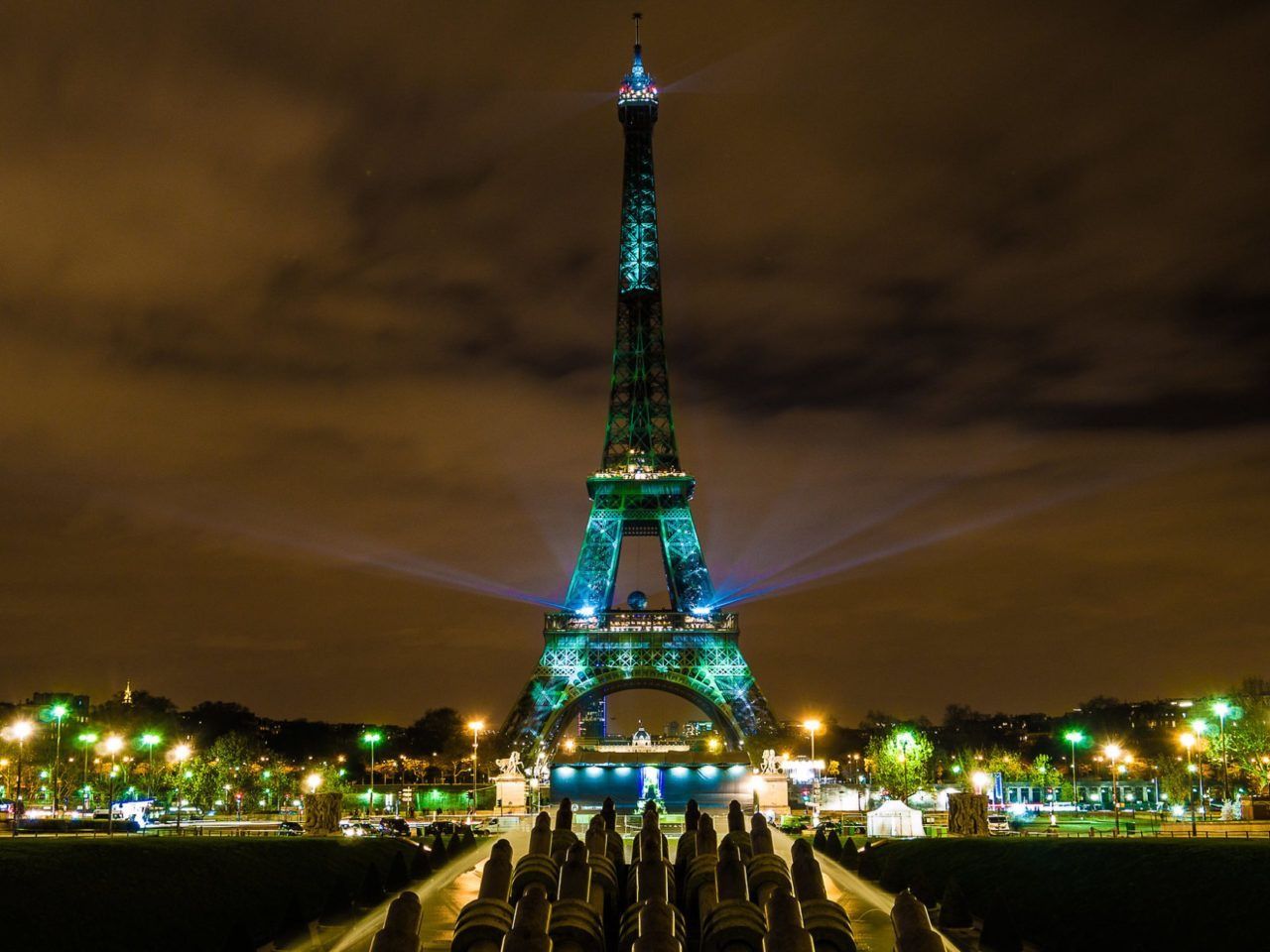The coronavirus pandemic that has caused 47,000 deaths worldwide as of Wednesday represents what officials call humanity's worst crisis since World War II, upending countless lives and efforts such as the global climate talks.
The number of confirmed COVID-19 cases worldwide surged to more than 937,000 mostly in Europe and the United States — which had over 216,000 cases — along with China and Iran, according to two separate Johns Hopkins University and Google data trackers. Italy, Spain, France, China and Iran have the most deaths.








